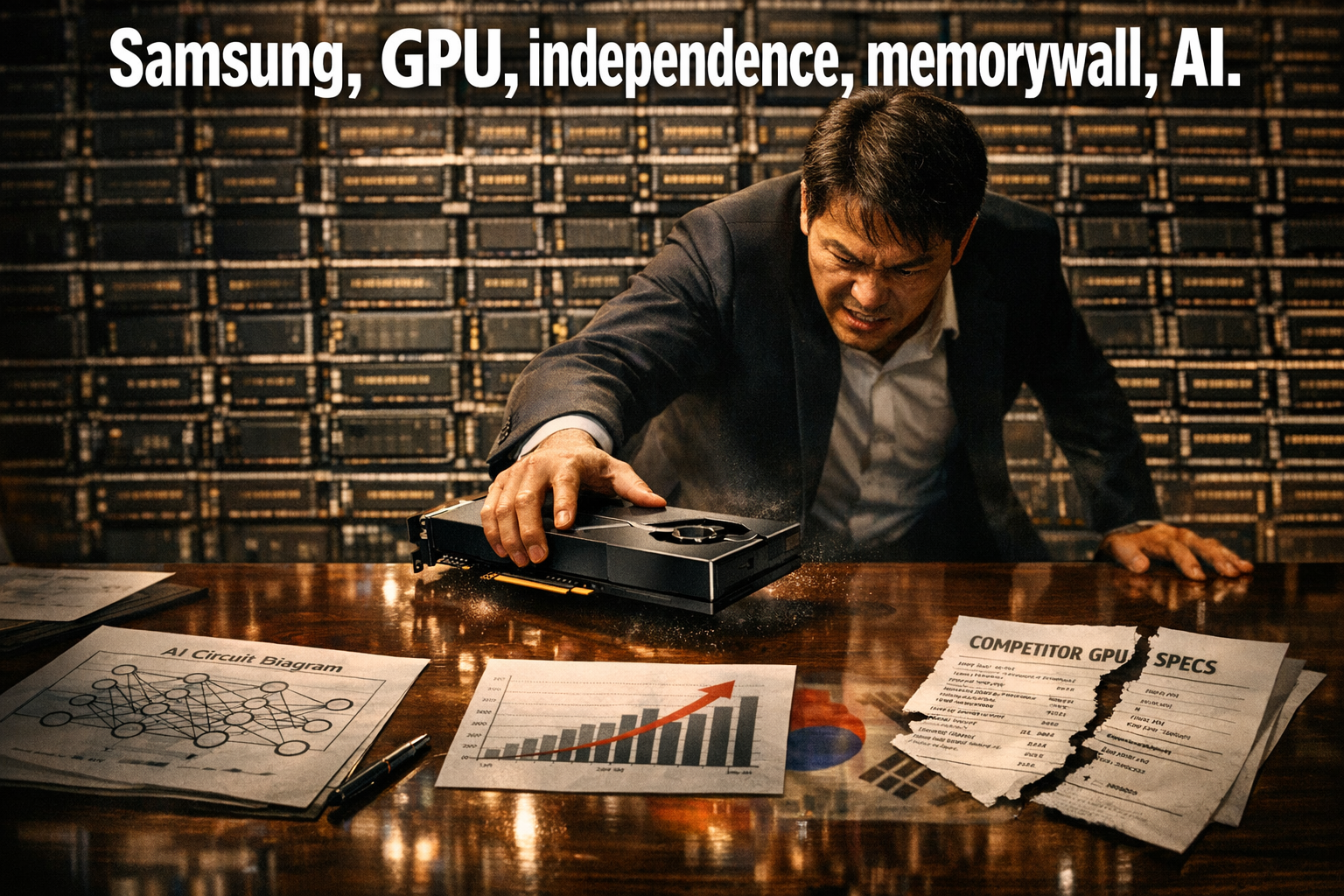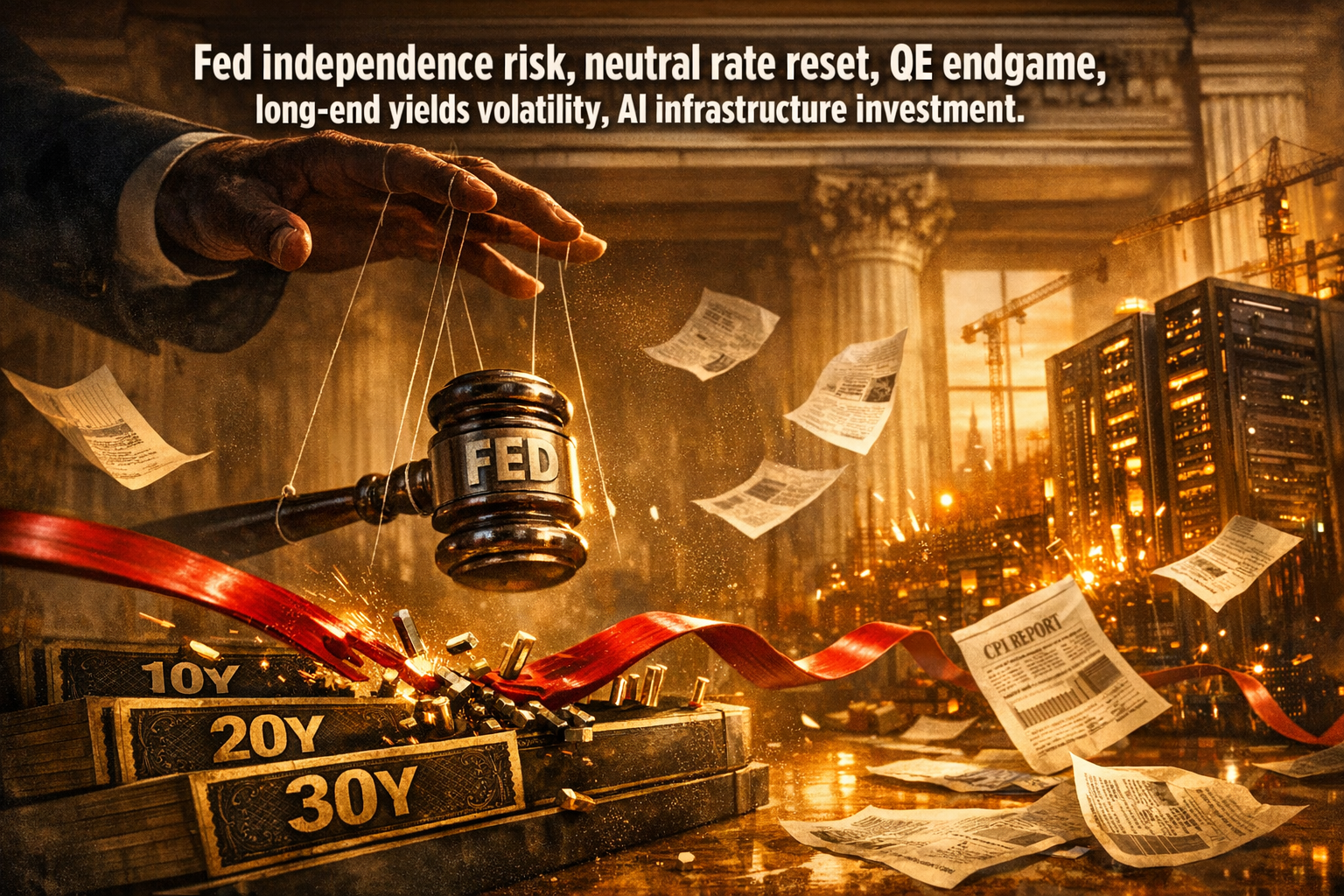● Collapsing Japanese Democracy- Political Apathy
Differences in Political Culture Between Japan and Korea, and Their Economic Ripple Effects
It felt like we were starting with how to make money and talking about industrial competitiveness.
However, what was hidden inside was not just a financial strategy, but the fundamental differences in political culture between Japan and Korea and their impact.
1. Basic Systems and Citizen Participation in Japanese and Korean Politics
In Japan, it is noticeable that the public does not actively participate in politics.
The phenomenon of uncontested elections occurs even in the gray alleys of local areas, indicating low citizen interest and expectations for politicians.
In comparison, Korea has a high level of political participation, but social controversies constantly arise due to elections and issues within the political sphere.
These differences can affect political stability and economic investment confidence.
2. The Role of Media and News and the Entertainment of Politics
Japanese media tend to focus on delivering everyday events rather than excessively sensationalizing political news.
Various media outlets, such as Nikkei, Asahi, and Tokyo Shimbun, show different colors, but efforts to understand multiple perspectives simultaneously are noticeable rather than biased reporting.
On the other hand, in Korea, news anchors as well as politicians often come from entertainment backgrounds, intensifying the phenomenon of politicizing entertainment, making it difficult for the public to perceive the authenticity of politics.
3. Qualifications of Politicians and the Environment for Candidacy
In Japanese politics, good looks, charm, and a simple image are often important factors in selecting candidates.
The reality that appearance and charm outweigh the expertise that candidates should possess is revealed.
On the other hand, in Korea, practical qualifications such as candidates’ education and experience are highly valued.
These differences affect the credibility of politics in both countries and the establishment of economic policies, creating significant differences in how investors view market trends in each country.
4. Election Culture and the Problem of Money
In Japan, it is not uncommon for politicians to give congratulatory gifts for election victories with their personal money.
Gift certificates worth about 1 million won are sometimes accepted as a culture of tolerance.
On the other hand, in Korea, the same behavior is likely to lead to significant social controversy, and the transparency of political funds can negatively affect the credibility of the economy as a whole.
These differences in political funds and election culture affect the economic systems of both countries and the evaluations of global investors.
5. Politics and Culture, and Consumption Trends
Political and cultural differences between the two countries are reflected in consumption trends.
For example, in Japan, Korean spicy foods such as Shin Ramyun and Buldak stir-fried noodles are surprisingly popular, which can be interpreted as a signal foretelling cultural fusion and changes in consumption patterns within the market.
As such, the impact of cultural factors as well as the political atmosphere on market trends and global economic prospects cannot be ignored.
6. The Impact of Political Culture on Global Economic Prospects
Differences in political, media, and election culture between Japan and Korea create social stability, investment environment, and global economic uncertainty in each country.
As citizens’ political participation and media consumption patterns differ, there can be significant differences in policy direction and economic stability.
Through this, investors need to consider not only simple economic indicators but also political and cultural factors when approaching each country’s market.
< Summary >
Summary of the Correlation Between Global Economy and Political Culture
Key Content Summary
The difference in political culture between Japan and Korea has a significant impact on the economic investment environment.
Japan has low political credibility due to low citizen participation and uncontested election phenomena.
On the other hand, Korea has high political enthusiasm, but there is excessive entertainment and controversy.
There are differences in media tastes and the environment for candidacy, such as the appearance and qualifications of politicians.
Differences in election culture and political funds are reflected in social stability and global economic prospects.
Analyzed focusing on the keywords of economy, politics, market, investment, and social change.
[Related Articles…]
Analysis of Political Issues
Japanese Election Culture
*YouTube Source: [와이스트릿 – 지식과 자산의 복리효과]
– 무너지는 일본 민주주의 충격적인 수준입니다…일본인들이 정치에 무관심한 3가지 이유 / 염종순 대표 (1부)



